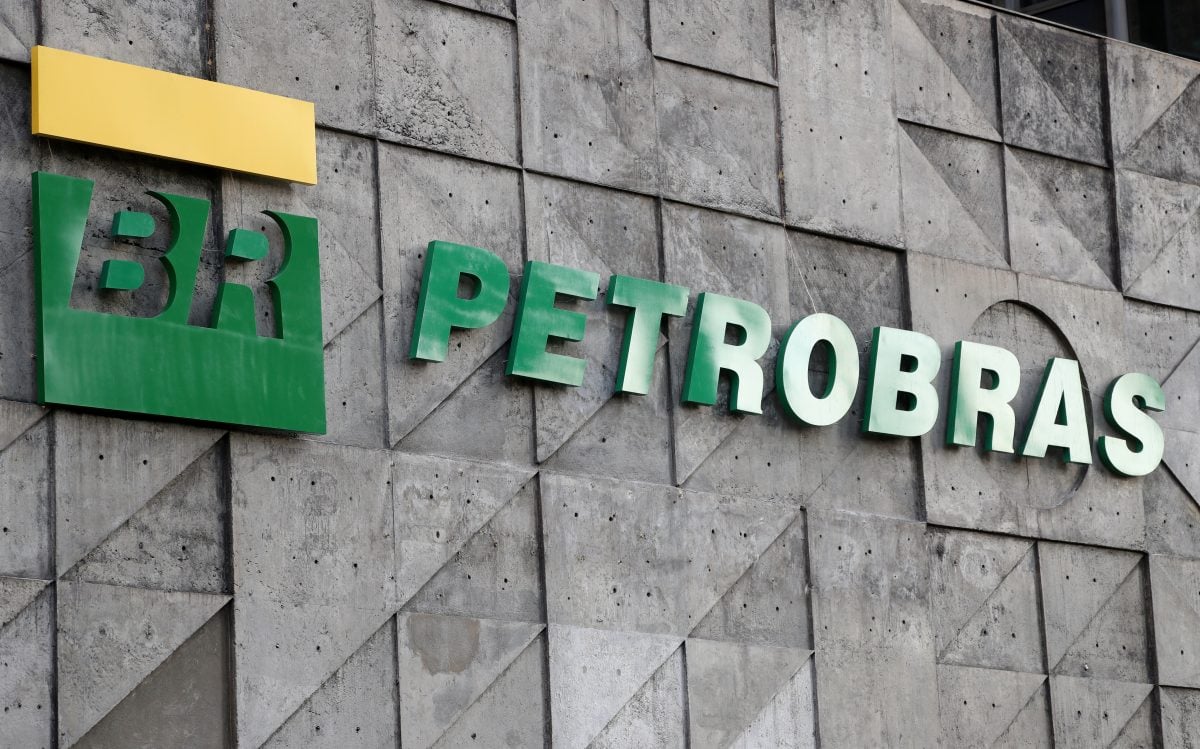CARTAGENA, (Reuters) – Colombia’s state-run oil company oil Ecopetrol ECO.CN and Brazil’s Petrobras PETR4.SA yesterday announced two major gas discoveries executives said would hugely increase reserves and help the Andean country remain self-sufficient for energy.
The oil industry and some politicians in Colombia have repeatedly sounded concerns over the country’s ability to maintain gas self-sufficiency. Reserves through the end of 2023 fell to 2.4 trillion cubic feet – equivalent to 6.1 years of consumption – amid a dearth of new gas projects.
Those fears were recently compounded by a judge’s ruling to immediately halt operations at the Sirius-2 well – formerly known as Uchuva-2 – following a complaint made by Indigenous communities who said their way of life would be adversely affected by the well’s development.
The judge subsequently ruled the suspension would take place gradually, adding that an appeal process would be heard by a different judge.
The names of the wells and the block they sit on were changed under the same ruling.
The companies are jointly developing the Siruis project, which is operated by Petrobras.
“The initial conception of Sirius…foresees the first offshore gas in 2029 to 2030 with four producing wells and an expected production of 13.3 million cubic meters (470 million cubic feet) per day for 10 years,” Soares said at the Colombian Petroleum Association’s (ACP) forum on oil, gas and energy in Cartagena.
The Sirius project has more than 6 trillion cubic feet of gas in place, Soares said, who added that total investment in its development could around $5 billion, split between exploration – forecast at around $2 billion – and production development, which is around $3 billion.
“Sirius alone represents the largest discovery made offshore Colombia and has the potential to double reserves throughout the country,” he added.
A later phase which could start in 2031 includes the previously planned development plus one or two other wells, and could see gas flow of 15 million cubic meters per day from first gas, he added.
Later, Ecopetrol’s Chief Executive Ricardo Roa told journalists that the company had discovered a new offshore well called Papayuela, which could produce some 800 million cubic feet of gas per day.
“It’s almost 80% of what national demand can consume. Logically, this will take the five or seven years necessary to mature and develop these exploration activities,” Roa said.

